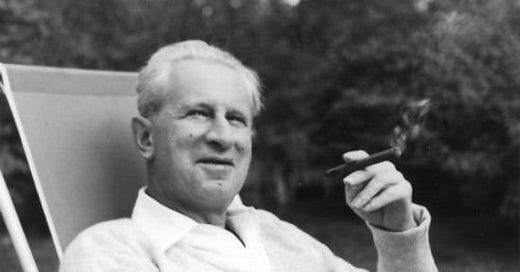The Frankfurt School lives in the Third World
Critical social theory debunks decadent imperialism and pathological Cultural Marxism
I recently came across an interesting and insightful article by Dustin J. Byrd in Islamic Perspective: Journal of the Islamic Studies and Humanities. Byrd contrasts two polarizing ideological extremes, namely, an extremist Right ethnic nationalism and an authoritarian “heretic hunting” Left. He analyzes the pathological tendencies in both, and he seeks to cast aside both through critical social theory.1
The Extreme Right pathological current of thought and political action analyzed by Byrd does not have much influence, at least in its pathological form. Byrd is describing those who “call for de-diversification, that is, the removal of all that does not inherently belong to the Euro-American ethnosphere. They call for the periodic and forcible removal of all anatopists (those living in the wrong place). Non-Europeans, those with religions other than Christianity, and the foreign born must remigrate to their ancestral lands.” To be sure, after decades of sustained decline,…


